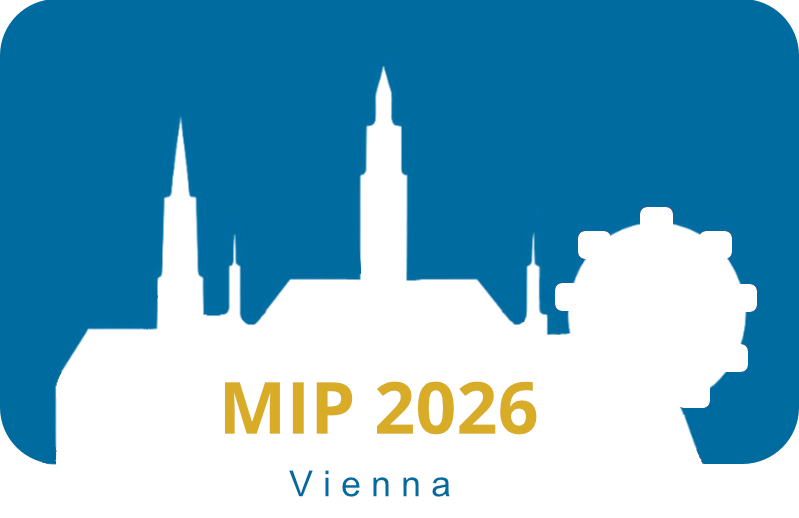Job vacancy (closed)
PhD Scholarship - Downstream Processing of Pharmaceuticals by Imprinted Materials
The Imprinting Group at the School of Chemical Engineering and Analytical Sciences, The University of Manchester is seeking an enthusiastic and creative candidate to work on a PhD project on Downstream Processing of Pharmaceuticals.
The (bio)pharmaceutical industry is currently experiencing considerable technology maturation and is growing significantly: the global market was valued at $149 billion in 2010 and is expected to reach $239 billion by 2015. Downstream processing can account for as high as 90% of the total manufacturing costs. Conventional downstream processing technologies suffer low selectivity and require several stages to achieve desired purity, leading to high product loss and solvent consumption. Manufacturers of (bio)pharmaceuticals want to intensify their downstream processes to achieve high purity without compromising yield. The overall concept of the project is to make important paradigm shifts in the downstream processing of (bio)pharmaceuticals by turning the cutting edge imprinting methodology into a readily applicable industrial technology.
Molecularly imprinted materials are prepared using functional monomers that assemble around a template molecule and subsequently get crosslinked to form an imprinted matrix. Then the template molecule is removed from the matrix under certain conditions, leaving behind a cavity complementary in size, shape and functionality to the template. The resulting cavity can act as a selective binding site for a specific template molecule (e.g. pharmaceuticals, catalysts, proteins, toxins). These imprinted polymers, also known as artificial enzymes, have affinity for the original molecule and have been successfully used in applications such as chemical separations, catalysis, or molecular sensors.
The aim of this project is to develop scalable, high performance process technologies based on imprinted polymeric particles and membranes, and synergistic combinations of these two. Imprinted materials will be developed with high selectivity allowing both efficient impurity removal and negligible product loss at the same time. The project is multidisciplinary, involving mainly chemistry and materials science at the first stage as well as chemical and process engineering at the second stage.
The project will involve developing and characterising imprinted materials as well as designing, building and running lab scale nanofiltration membrane rigs. The effect of the polymerization conditions and the operating parameters of the nanofiltration rig on the separation performance will be examined. Key aspects of the study will be investigation of the host-guest interaction via adsorption and kinetic models, which will then be used for the design of downstream process configurations. The overall aim is to design and relate materials properties to separation performance, and then eventually to develop downstream processes for pharmaceuticals.
This project will involve (i) polymer synthesis, (ii) membrane preparation, (iii) chemicals and materials characterisation using a wide range of spectroscopic and microscopic techniques, (iv) molecular separation techniques including adsorption and nanofiltration. This PhD project provides an excellent opportunity to work within a highly inter-disciplinary area at the chemistry-materials-engineering interface.
The successful applicant will have a first or upper second class degree (or equivalent) in Chemical Engineering, Chemistry, Materials or Biotechnology. Candidates should be highly motivated, and show knowledge or interests in supramolecular chemistry and separation technologies. It is advantageous if you demonstrate a high level of ability in numeracy and knowledge or willingness to learn MATLAB.
Informal enquiries may be addressed to Dr Gyorgy Szekely (gyorgy.szekely@manchester.ac.uk). Applicants please send a cover letter stating your professional achievements, research interests, career plan and include a CV, academic transcripts.
Funding Notes:
A fully-funded 3-year PhD studentship for EU nationals is available for September/October 2014 entry in the School of Chemical Engineering and Analytical Science, The University of Manchester. Funding covers home fees and annual stipend of at least £13,863.
| Posted on 2 May 2014 at 08:34:16 by Gyorgy Szekely | |
Log-in if you wish to post a comment.
 The Society for Molecular Imprinting
The Society for Molecular Imprinting



